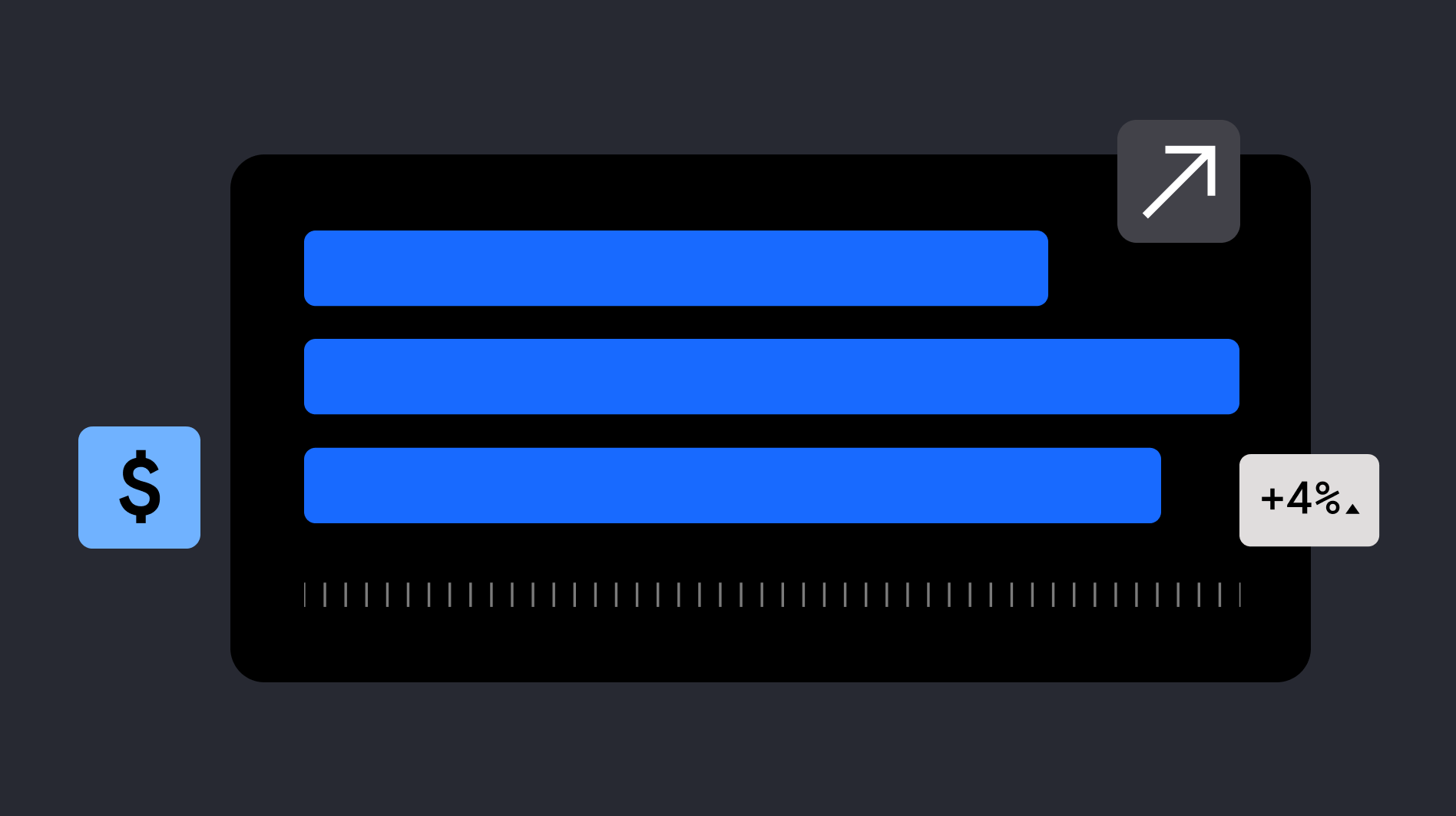The fintech sector is expanding in the Middle East, North Africa and Pakistan (MENAP) and regulators are evolving to keep up with and encourage this trend. Across the region regulatory sandboxes have been adopted and relationships between regulators and innovators are being strengthened. It is no longer a game of catch for regulators and, as a result, the region is growing into a real global player.
Four regulatory themes are set to shape how fintech companies in the region operate in our first MENAP Fintech Voices episode.
The transparency principle
If traditional finance was tarnished with opaqueness, then fintech should be all about transparency. According to Nameer Khan, “That is the DNA of a Fintech: Ease of access, convenience and transparency where you are communicating transparently who you are, what you are and what you are doing with the funds.”
Fintechs must be transparent about the protections that customers have. These companies are sometimes mistakenly seen as banks whether through inadequate information or misleading messaging. Regulators exist to protect citizens and society, and so it’s right that there should be barriers to entry to the core banking system. But for astute fintechs in MENAP, how you define yourself should not be solely a regulatory obligation.
Fintech founders who set out to be a bank have it wrong to start with. “You should find a solution for a problem rather than just building a bank,” says AbdulMajeed AlSukhan. For one thing, getting a full banking licence is a long journey, with substantial risk, as well as requiring plenty of capital and expertise.
But more fundamentally, they should hone in on the solution to the problem that they are providing. This is what drives integrity, accountability and ultimately credibility. Being tempted to describe yourself as something you are not runs the risk of upsetting not only customers, but regulators too—both of whom are likely to be more reluctant to work with you in the future.
“I think the word ‘bank’ is attractive to a lot of founders...but in reality it doesn't matter. There is a service level that you have to provide for customers to see the value.”
AbdulMajeed AlSukhan, Cofounder, Tamara.
According to Ben Ruffels, these Payment Institution (PI) and E-money Institution (EMI) fintechs offer far less protection for funds than a bank, and now must clearly explain that to their customers. “Consumers see the services provided by different institutions as quite similar. And what the regulator is concerned about is the level of protection and the type of protection that you get as a consumer at an EMI or a PI is quite different to a bank,” Ruffels.
“Fintechs that try to position themselves as digital banks too early actually end up hindering any chance they have of ever getting licenced as a digital bank.”
Georgina Merhom, Founder, Zivmi.
Fintech friendliness
Regulators worldwide are going from blockers to enablers of innovation. The UK is a good place to learn from as the FCA has put competition in the interest of consumers into its objectives . “The FCA has sought driving innovation as a means of delivering against that objective,” Ruffels.
MENAP is following, with regulators across the region adopting a regulatory sandbox, which provides companies with a safe digital space to test the compliance of their solution against various regulatory obligations. “The sandbox has made it possible for any entrepreneur, with the right execution, and the right idea, and the right framework to come to the central bank and ask to be properly regulated.” Georgina Merhom.
Successful sandboxes will provide a high level of engagement and intimate advice. And leading regulators will see the sandbox as just the start.
Cutting the time it takes for these innovators to ‘graduate’ their sandbox period is also key. The best regulators in the region do this in 60-90 days, in part by making sure all their stakeholders are available to support fintechs. Khan uses Saudi Arabian Monetary Authority (SAMA) as an example, “they have a sixty day timeline from the date of application to basically enable the fintechs. And that 60 day timeline is such that if you are not ready to go live you qualify for the sandbox.”
Proactive regulation
Examples like sandboxes are pointing the way to a more accessible and collaborative relationship between regulators and fintechs. However, navigating regulatory networks can still prove time-consuming. As Merhom points out, “The relationship between the regulator and the innovator needs to be one of mutual trust and collaboration. If the government or central bank is being progressive, it's very much a consultative process. Egypt has seen this. Regulations were very outdated, but now you see Ripple and Blockchain technology being used.” Fostering the right dynamics with regulators can make or break a company.
Traditionally, regulation has been reactive to innovation. But playing catch-up is no longer an option for regulators that want their fintech ecosystem to compete on a global stage. Instead, policy frameworks need to be created alongside innovation; and that means regulators taking a more proactive approach. Agreeing with this sentiment, Yusuf explains, “that is why sandboxes have actually worked so well. It allows fintechs and startups to come in and try brand new ideas and business models and then regulators can react to them.”
Entering the MENA fintech market
This is an exciting time to be part of the fintech ecosystem in MENAP but joining it will mean developing transferable skills. “When you’re building something that no one has done before, you won't have the experience for it. It's very much an experimental process,” says Merhom.
Leveraging your skills and focusing on solving a problem will prepare you for the challenges that you are going to face as a fintech. There is a lot to navigate as a fintech- regulations, data analytics, software and tech- so there will be challenges.
And in terms of regulations, while there is a long way to go before it will be possible, the panelists all see passporting as something that should be high on the list of priorities. “If you think about passporting from a European perspective, it turns your market as a start up from several million to literally hundreds of millions. So, in terms of scaling your business, the benefits of passporting are huge,” says Ruffles. Although, for regulators, passporting opens up a lot of questions and new risks, and it may prove too progressive, for now.
Using a PSP that can help you navigate the region and its regulations can allow you to focus on innovation. Any partner you choose has to have acute local knowledge to give you the competitive advantage.
Thanks to our expert panelists, AbdulMajeed AlSukhan, (Cofounder, Tamara); Nameer Khan (Chairman and Founding Board Member, MENA Fintech Association); Georgina Merhom (Founder, Zivmi); Ben Ruffles (Senior Public Affairs Manager, Checkout.com) and Mo Ali Yusuf, Regional Manager, Checkout.com) for their insights into this topic. Look out for the second part of this series coming soon.



%20(1).jpg)

.jpeg)


%20v1.jpg)


.png)

.png)


